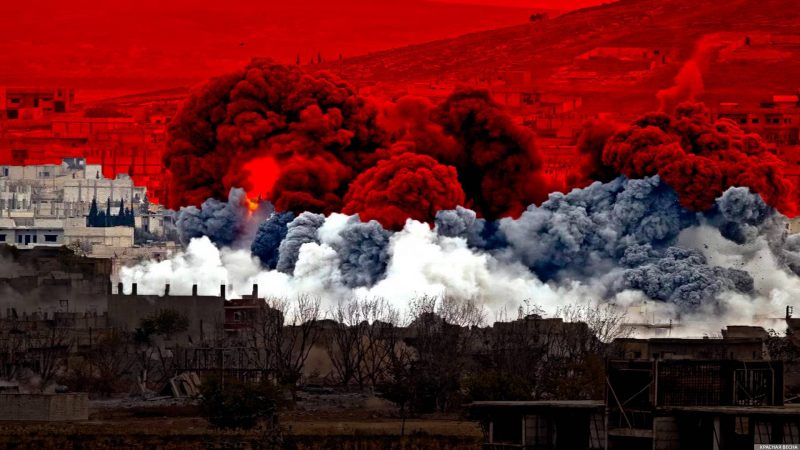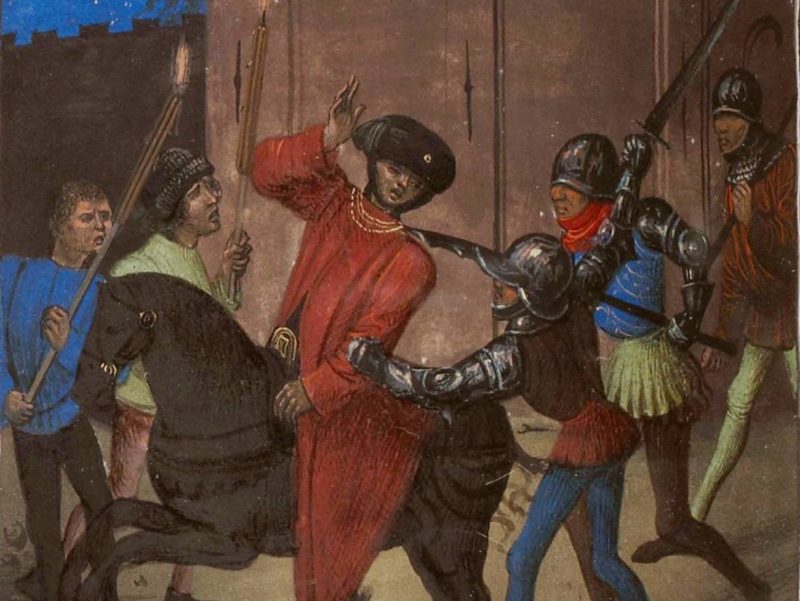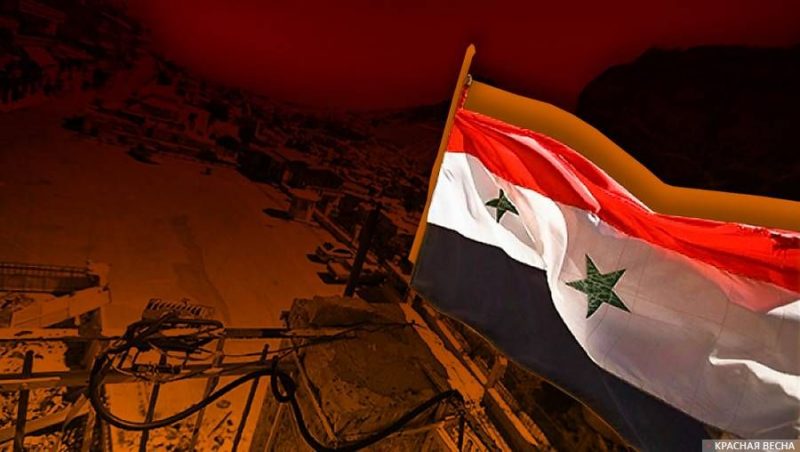03.01.2022, Idlib.
The new year began with shelling and airstrikes in the Idlib de-escalation zone in the northern Syrian Arab Republic (SAR). The militants shelled the positions of the government forces, while the Russian Aerospace Forces began strikes against the terrorists’ positions, a summary of Rossa Primavera News Agency reads.
Artillery attacks
On New Year’s Eve, terrorists of the Hay’at Tahrir al-Sham (organization banned in Russia) group launched an artillery attack on the positions of government forces in Kafr Nabl. The Syrian Arab Army (SAA) retaliated by hitting militants near Benin village, northwest of Maaret al-Nu’man town.
The militants of Ansar al-Islam (organization banned in Russia) and Islamic Party of Turkestan (organization banned in Russia) clashed with the Syrian army servicemen in the southern part of de-escalation zone, in Hama province.
Airstrikes
On January 1st, the Russian Aerospace Forces began to deliver airstrikes against the militants’ positions in Idlib. Our aircraft was blamed for the deaths of a woman and two children. But Reuters and Turkish media only cite a Twitter page, known for its anti-Russian false reports of “White Helmets”, as a source.
On January 2, the airstrikes continued. One of their targets, according to Anadolu Agency, was the main water pumping station of Arsani in Idlib city. The Turkish news agency reports that the strike was carried out by a Su-34 fighter-bomber.
Reuters quoted eyewitnesses as saying other targets of the airstrikes were cattle and poultry farms near the Bab al-Hawa border crossing on the Syrian-Turkish border. There was no confirmation from government forces.
The Russian Aerospace Forces struck militant positions near the al-Zawiya mountain range and Jisr al-Shughur village.
Reaction of international community
Three days of air force strikes have so far not provoked any serious international response. Even official Ankara is silent about them, although Turkey has always been very sensitive to the strikes against Idlib.
Only the United Nations has voiced its reaction, and not officially either. Reuters quoted UN Deputy Regional Humanitarian Coordinator Mark Cutts as writing on Twitter that the attacks on civilian targets should be stopped so as not to increase the suffering of Syrian citizens. However, the UN official’s statements are not backed up by providing objective information from the ground.
Turkey, according to Sochi Memorandum signed in September 2018, pledged to separate Ankara-backed Syrian opposition units from militant groups and ensure a cease-fire in Idlib. But Ankara has yet to fulfill these promises.
On January 2, Russian President Vladimir Putin and his Turkish counterpart Recep Tayyip Erdoğan held talks. They discussed relations between the two countries, including the settlement of the situations in Syria and Libya.
The Russian Aerospace Forces have not carried out regular strikes against militants in Idlib since November, limiting themselves to spot attacks on terrorist targets or their leaders. For example, on December 11, an air force strike against a house near Jisr al-Shughur village allegedly killed Shamil Basayev’s associate, militant Muslim al-Shishani.
However, it is unlikely that the current strikes will be a prologue to a ground operation; no preparations are being made to carry it out.
Source: Rossa Primavera News Agency




